Understanding Indictable Offences in NSW
In NSW, an indictable offence is one that is punishable by up to two years in the Local Court or up to five years in the District Court. These offences are outlined in section 61 of the Crimes Act 1900 (NSW).
The outcome of your sentence in the Local Court or District Court can depend on the seriousness of the offence and several other factors, which our Sydney Criminal Lawyers are adept at identifying. Importantly, an indictable offence does not necessarily require physical contact; it can also include threats of violence. If physical action is involved, the accused may face more severe charges, such as assault occasioning actual bodily harm.
Examples of indictable offences include threatening harm, spitting, physically assaulting without causing bodily harm, or restraining a person against their will. It is also important to note that the Local Court has the discretion to not convict a person if their criminal lawyer can effectively persuade the court.
Case Study
Our client, a man in his 50s, faced three charges of domestic violence under the Crimes Act 1900 (NSW): assault occasioning actual bodily harm, intentionally choking a person with recklessness, and intentionally choking a person without consent.
Our client, a first-generation immigrant from the Middle East, was a respected engineer in his field.
Upon reviewing the evidence brief, our lawyer identified procedural errors during the complainant’s recorded interview. These included leading questions by the police officer and the absence of an interpreter despite the complainant’s limited English proficiency.
We sent a letter to the police arguing that the charges should be withdrawn due to concerns about the admissibility of the recorded interview. We proposed replacing the charges with a single charge of common assault, but the prosecution rejected our request.
During the hearing, the complainant was cross-examined by Michael Barsha. At morning tea, the prosecutor inquired if we still wished to pursue our initial representations, which our client confirmed. All original charges were withdrawn and replaced with a charge of common assault, though the prosecution maintained the factual basis.
Upon sentencing, our client was convicted and fined $2,200.00.
Mr. Michael Barsha suggested the possibility of an appeal, which our client agreed to pursue. Dr. Yohan Smith, a forensic psychiatrist, prepared a report indicating our client had been prescribed Fluoxetine shortly before the incident, affecting his mental and physical state.
Subsequently, Mr. Michael Barsha applied for a conviction appeal to seek a Section 14 application. Despite opposition from the ODPP, Mr. Michael Barsha presented compelling arguments in the District Court.
Ultimately, Judge Hoy overturned the local court’s decision, granting a Section 14 application for our client.
